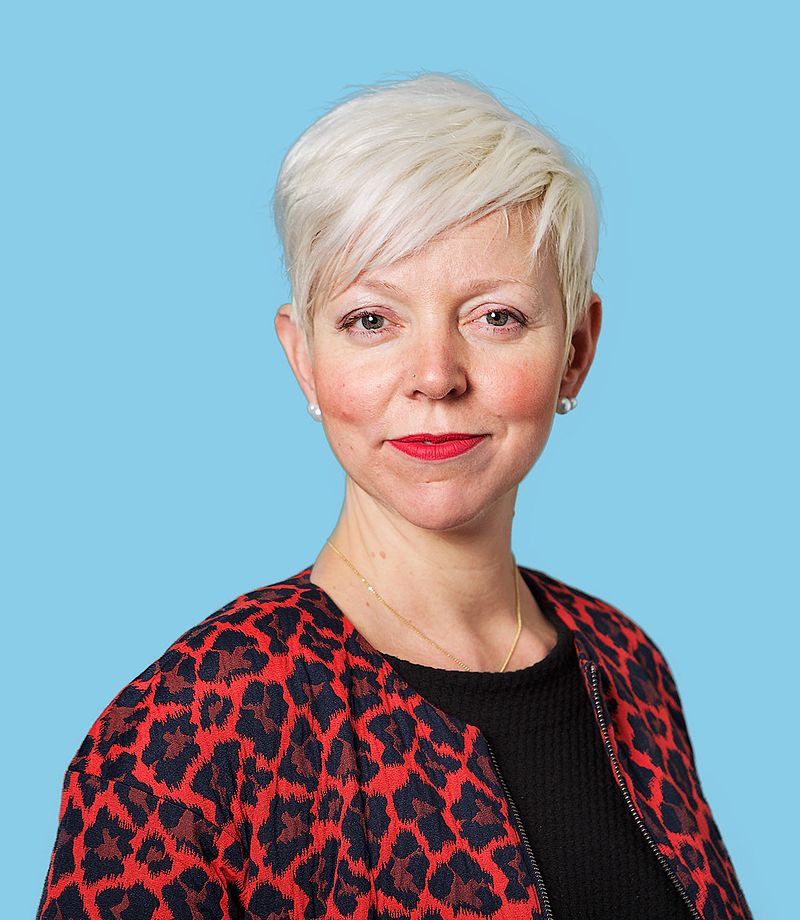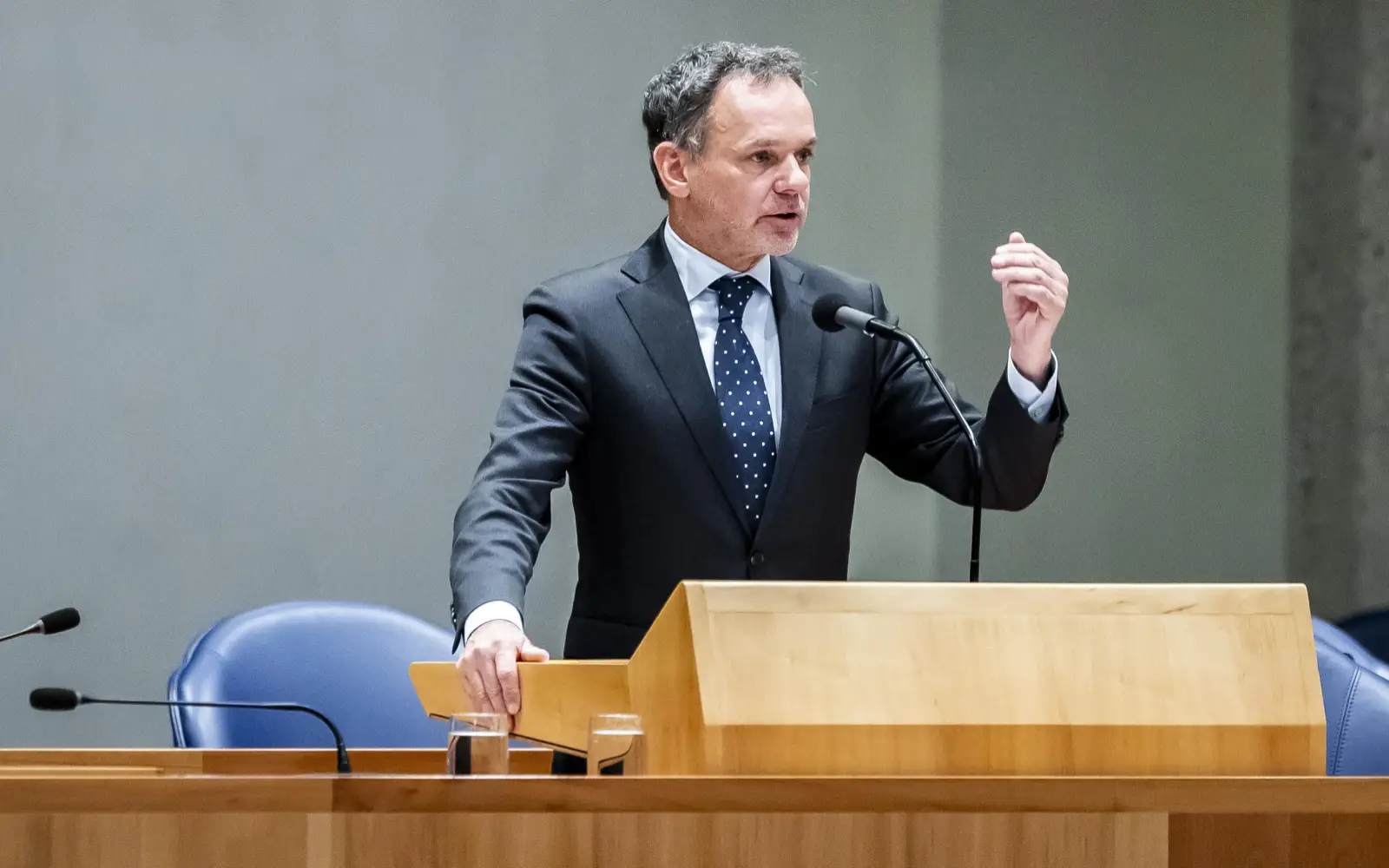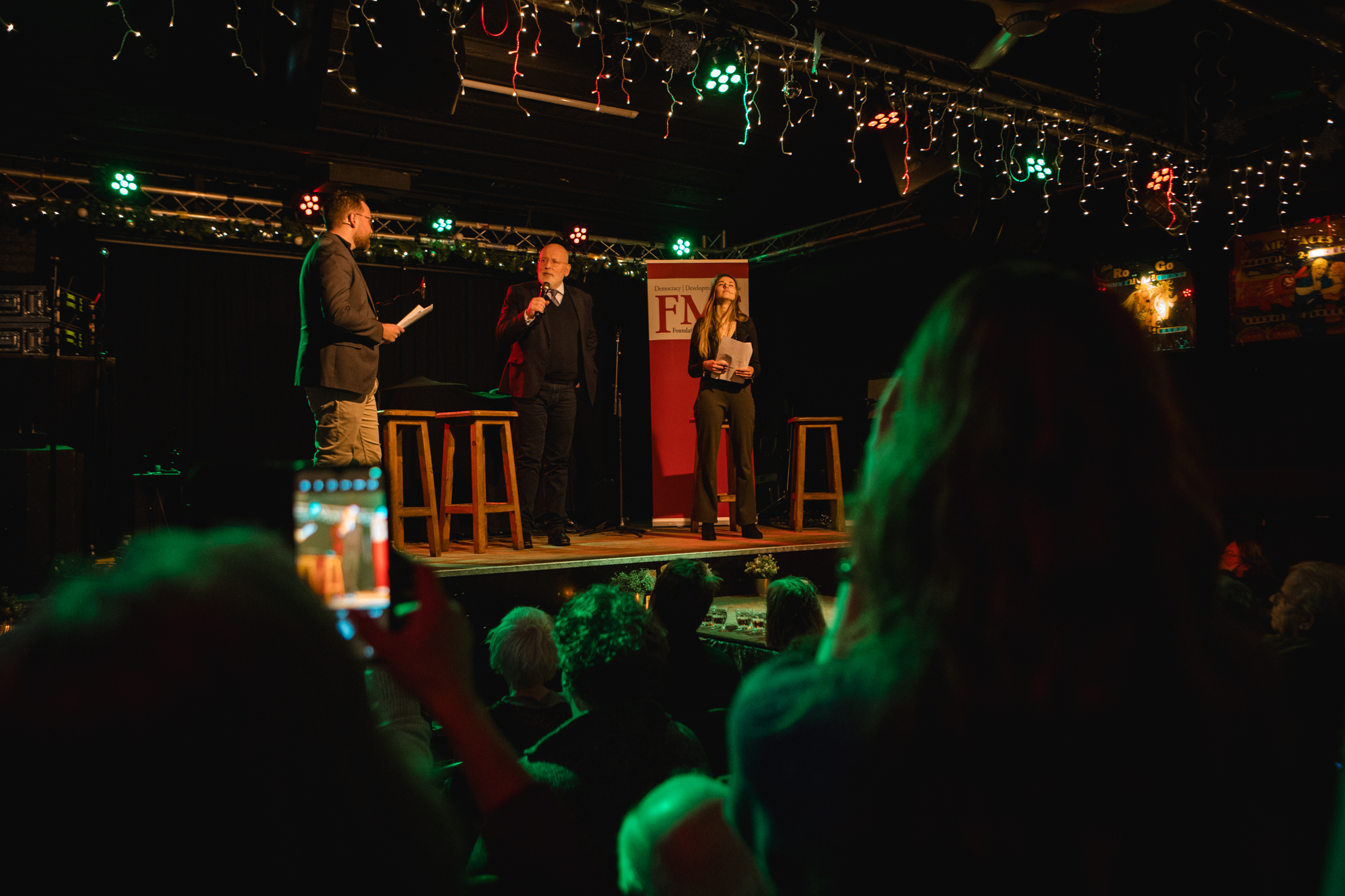On Thursday 24 April, the FMS spoke with PvdA MP Kirsten van den Hul - spokesperson for Foreign Trade and Development Cooperation - about the international fight against the coronavirus and its impact on countries in Africa (and other developing countries). What is the Netherlands' role in this?
The 100 million released by Kaag to local funding agencies?
According to Kirsten, it is important that emergency financial assistance for coronas in OS countries reaches both international and local organisations. Large organisations with long reach, such as the International Red Cross, can operate in many places to provide aid. So too behind front lines and in war zones where the need is currently very high. At the same time, it is hugely important that local organisations are able to get into communities to which they in particular have the best access. However, it is often more difficult for small organisations to exist: "For example, they often find it difficult to access funding, an issue that we have been advocating to the minister for some time and is particularly important now." Flexibility is important, but in consultation with aid organisations. "Give them space to do what is necessary".
Investing in international coronas
Kirsten stresses that whatever additional investment is made, it should not be at the expense of the ongoing OS budget. "This is a concern we do have now, even with the previously mentioned 100 million. That is not additional money, that is money from the budget". She also submitted parliamentary questions to Minister Kaag on what we will contribute in the Netherlands and in the European context to help countries now at risk of famine. Here, she said, it is very important that aid goes to the most marginalised groups, as they are especially vulnerable to hunger.
The need for chain responsibility
Kirsten's story clearly shows how important chain responsibility is in times of corona. Her question to the minister was therefore what chain responsibility should look like now. "That's not just a nice-to-have, something you can say, oh if it comes out we're going to do sustainable business". She stresses the importance of companies being mindful of this. If support is given to companies, it comes with conditions. Companies need to work very well with civil society. "International solidarity is more important now than ever. We face challenges that may be the greatest humanitarian challenges since World War II, says the UN, among others."
The importance of a vital and strong civil society
Restrictive measures affect precisely the most marginalised organisations in many countries, according to Kirsten. She is visibly concerned about environmental activists, women's rights organisations and LGBT organisations, among others. "The virus does not discriminate, but its effects do. So a vital and strong civil society is very important to make everyone's voice heard." In doing so, she also underlined the importance of not talking about, but talking with: the Dutch government should actively seek out voices of the most marginalised to involve them in developing emergency packages and policies.
You can watch the full interview with Kirsten van den Hul back on the FMS liveblog: Corona in Africa
By: Anique Kanters and Vera Kaldenberg
Photo: Labour Party, Lex Draijer





